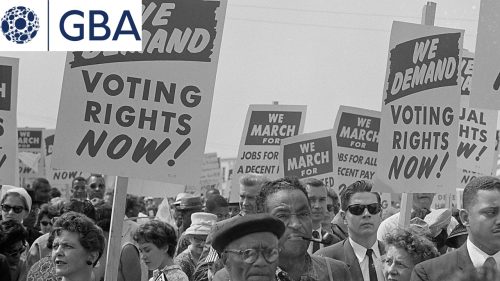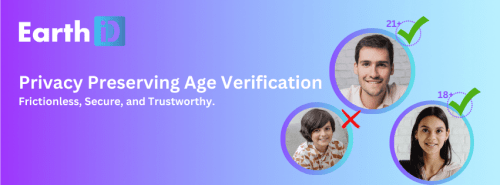
Defending Democracy in the Digital Age Requires Fair and Secure Elections
Democracy is a powerful expression of humanity, community, and integrity, a system to be treasured and protected. For centuries, elections have relied on people volunteering to collect and count votes in polling places, ensuring the process remains fair and representative. As we move into a digital era, maintaining the core values of democracy requires a blend of tradition and innovation.
A fair and secure election system is built on these critical principles:
- Localized voting systems that follow state laws and procedures.
- Fair representation through secure in-person voting and the use of mail-in ballots when needed.
- Clear, step-by-step procedure manuals tailored to each locality, state, and voting system.
- Transparent oversight at every stage by representatives from opposing parties.
- Signed certifications at each step, stored both as paper copies and in immutable systems like blockchain.
The essence of democracy is majority rule and ensuring that majority rule is fairly expressed requires a process that is open, trustworthy, and accountable. This belief is stated in the Declaration of Independence, “all men are created equal”—a principle that has since been expanded to embrace all individuals regardless of race or gender. Elections must reflect this fundamental truth by representing all voices equally and ensuring no group is excluded or marginalized.
To achieve this, elections must be safeguarded with simple yet rigorous practices: detailed procedure manuals with clear instructions and images, bipartisan collaboration at every poll site, and certifications signed and stored securely in a blockchain. These steps ensure transparency and trust, safeguarding democracy from manipulation or doubt.
The Government Blockchain Association (GBA) is dedicating January to the vital topic of voting and elections. To join our monthly conversations exploring how blockchain technology can protect democracy, visit gbaglobal.org/events and check out the livestream events happening the second Tuesday of each month, focusing on new themes to drive innovation and progress.
In February, GBA will shift focus to healthcare and life sciences, exploring how technology can transform patient care and medical research. Join us in shaping the future of democracy, technology, and beyond!
The research for this article was contributed by Susan Eustis of WinterGreen Research Inc.
Ms. Eustis invented the first electronic voting machine, and some of her patents are under her given name, Mary Huhn.






Responses